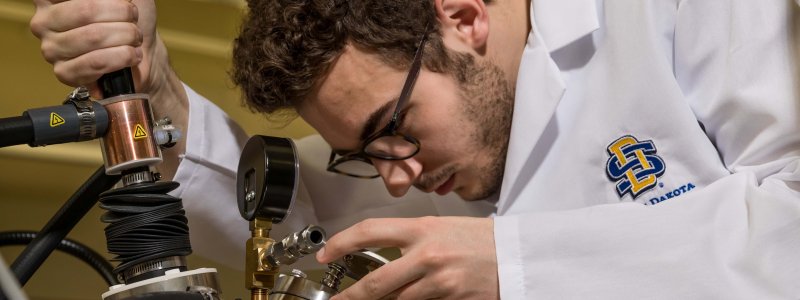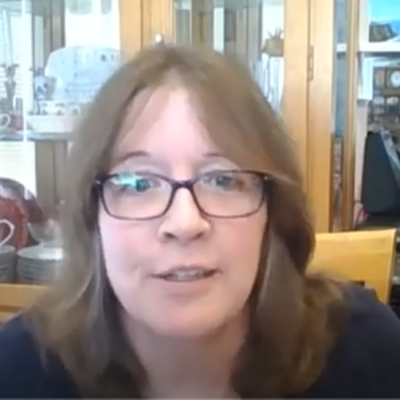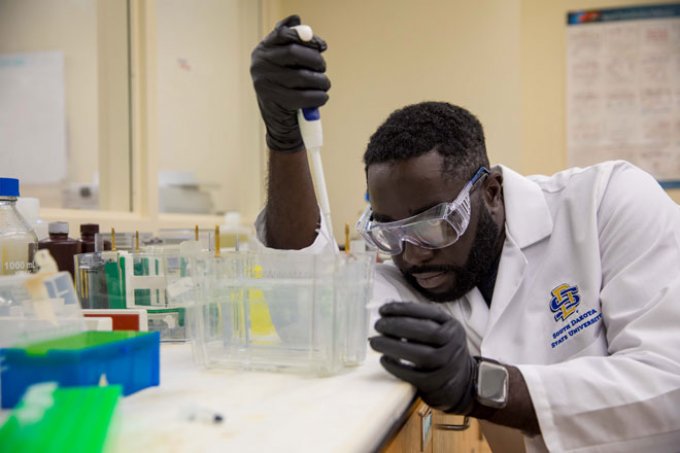Physics is the foundation of almost all science and engineering disciplines. If you are a student in biological science, health science, engineering, mathematics and physical science, we have courses appropriate for you. Whether you are interested in a career in physics research, education, engineering, medicine, nuclear medicine, law, science journalism or alternatively many other choices, a bachelor of science degree in physics could be the choice for you. Others will find it more appropriate to combine the physics major, a minor in physics or a minor in nuclear engineering with another major (electrical engineering, mechanical engineering, civil engineering, computer science).
Who should major in Physics?
Are you curious how the world works? Congratulations. You’ve found us! We have three tracks and one specialization to meet your career needs.
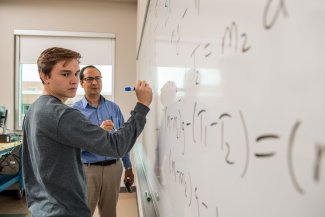
Advanced degree in engineering: Physics education provides rigorous curriculum, mathematical skills, laboratory techniques and undergraduate research opportunities for your success in master’s and Ph.D. degree programs.

Pre-med, pre-law, pre-MBA students: Physics graduates score the second highest in MCAT, LSAT and GMAT tests among all disciplines.
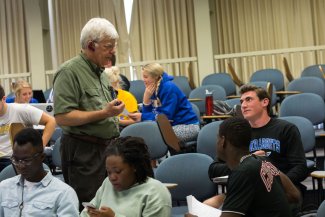
Science or physics teachers: Physics offers an approved South Dakota Education Certification.
Who should double-major in Physics?
Engineering students
Engineering students double-majoring in physics will have not only the practical knowledge of respective engineering field, but also the fundamental understanding behind the technologies of tomorrow. The knowledge of modern physics and quantum mechanics will make you become a true leader in any engineering fields.
Computer Science
Physics built the hardware of the computers in the past. Physics invented the present internet. Physics will rule the future with quantum computing.
Follow us on Social
Alumni Profiles
South Dakota Outstanding Physics Teacher of the Year Award
Calling all teachers in the areas of physical science, physics, chemistry, meteorology and astronomy including grades seven to 12! We want to recognize the great work of teachers working in unprecedented times. Learn more on how you can recognize (or be recognized) for such great work.


